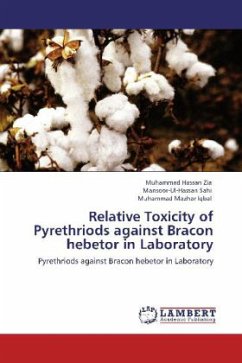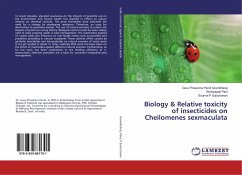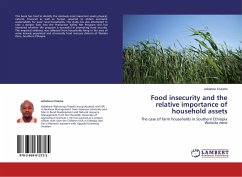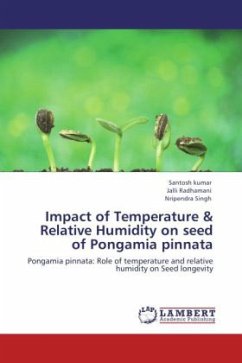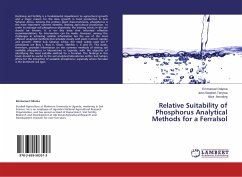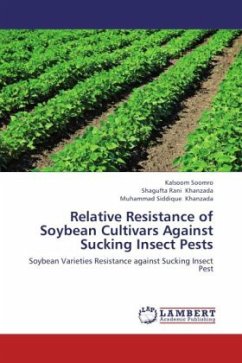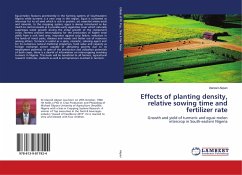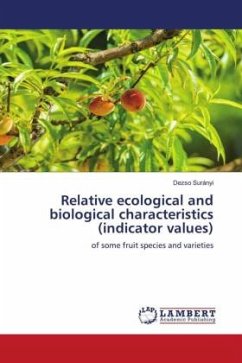In pakistan, Cotton crop is naturally vulnerable to many species of arthropod pests, from the time of its germination to its final picking. The use of chemicals as a pest control measure is a two edged sword with both positive and negative impacts. The B. hebetor wasp is a good biocontrol agent partly because it feeds rapidly and has gut enzymes that quickly break down two major blood proteins in moth larvae. The main objective of the present study was to screen out the insecticides which were environment friendly, less hazardous to health and least toxic to the laboratory reared strains of natural enemies like Bracon hebetor (Say) Hymenoptera: Braconidae). The results showed that Fenpropethrin was the most toxic. Fenvalerate and Cyhalothrin were the least toxic, while Deltamethrin and Bifenthrin were moderately toxic against Bracon hebetor.
Bitte wählen Sie Ihr Anliegen aus.
Rechnungen
Retourenschein anfordern
Bestellstatus
Storno

